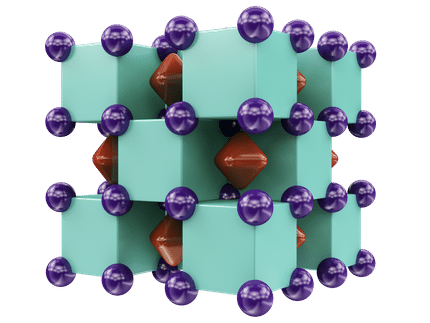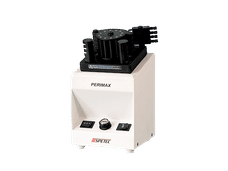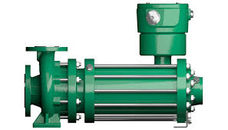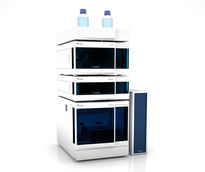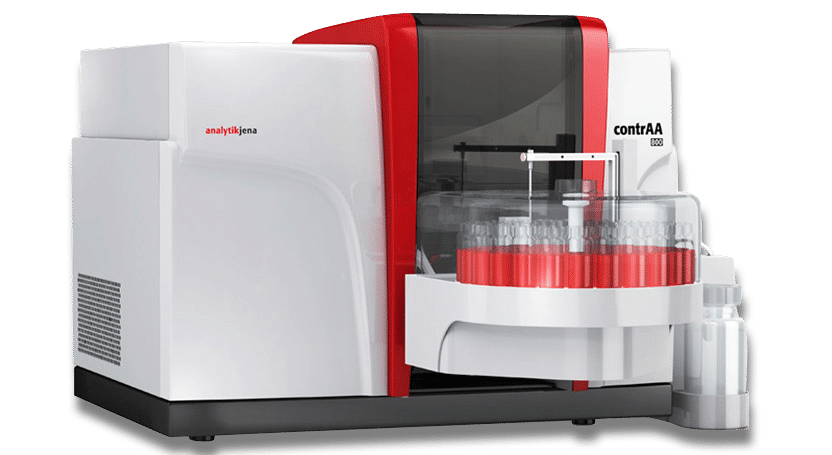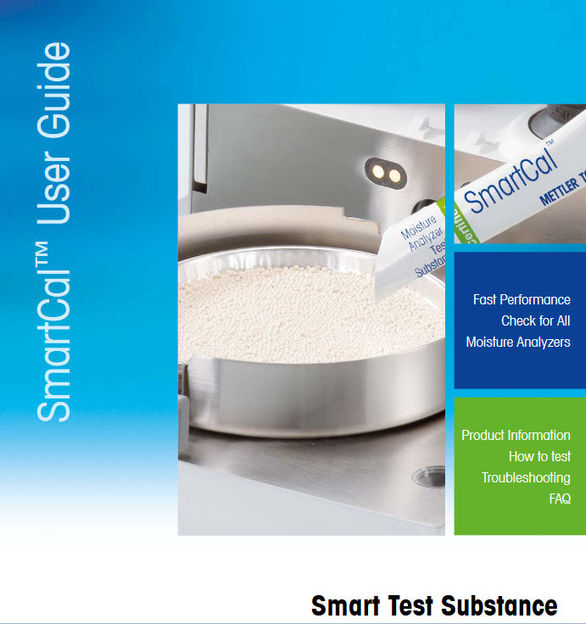Pfeiffer Vacuum expects a 70 percent increase in new orders for helium leak detection systems this year
Advertisement
Pfeiffer vacuum expects a 70 percent increase in new orders for helium leak detection systems this year. Helium leak testing meets the most exacting quality standards and requirements for environmental protection. High potential for components used by the automotive, food and refrigeration/air conditioning systems industries.
Asslar, October 12, 2000. Pfeiffer Vacuum, one of the world's leading vendors of vacuum components, instruments and systems expects a 70 percent increase in new orders for helium leak detection systems, worth over DM 7 million, in the current year. The need for efficient helium leak detection systems in the production of components that have to meet stringent tightness criteria has increased considerably in recent years, due to strict statutory regulations, increasing pressure on costs and higher quality standards. Pfeiffer Vacuum identified this potential at an early stage and by 1997 was one of the first manufacturers of fully automated helium leak detection systems. Today, the Company is one of Central Europe's leading vendors in this rapidly expanding business sector. Numbers of new orders have increased by an average of 50 percent every year since 1997.
Absolutely leak-proof - Highest requirements placed on the most varied types of components. Quality assurance, environmental protection and cost pressure impose increasingly exacting standards on the production of more and more products which undergo intensive leak testing. In particular, car components such as heat exchangers, components for air conditioning systems, compression chillers, airbags, air suspension systems, light alloy wheels, fuel tanks, gasoline pumps or high-pressure fuel injection systems used in state-of-the-art engines must all comply with exceptionally strict limits.
Pfeiffer Vacuum recently performed another successful works acceptance of a fully automated helium leak detection system for compression chillers. Featuring four chambers, this system is capable of testing up to 540 components per hour. The cost of a system of this type is DM 1 to 1.5 million. Only a few days ago, Pfeiffer Vacuum delivered a further system for testing airbag inflators - cartridges filled with inert gases which, in the event of an accident, ignite and fill the air bag. The average costs of systems of this type is DM 200,000 - 300,000.
Absolutely leak-proof is a criterion of equal importance in the food industry. Certain foods depend on perfectly sealed packs to preserve their freshness - either to seal in volatile flavor compounds or to exclude the oxidizing effect of atmospheric oxygen. In the pharmaceuticals industry also, countless packs must satisfy strict tightness standards.
Helium leak testing to optimize product quality and reduce operating costs At the beginning of a helium leak test, the air is evacuated from the components which is then filled with helium. Helium escapes from the test specimen through the most minute leaks and is then registered by a helium leak detector. This method allows not only overall leakage rates to be determined (i.e. the total leakage rate of a component), but also individual leaks to be located using a sniffer pr



